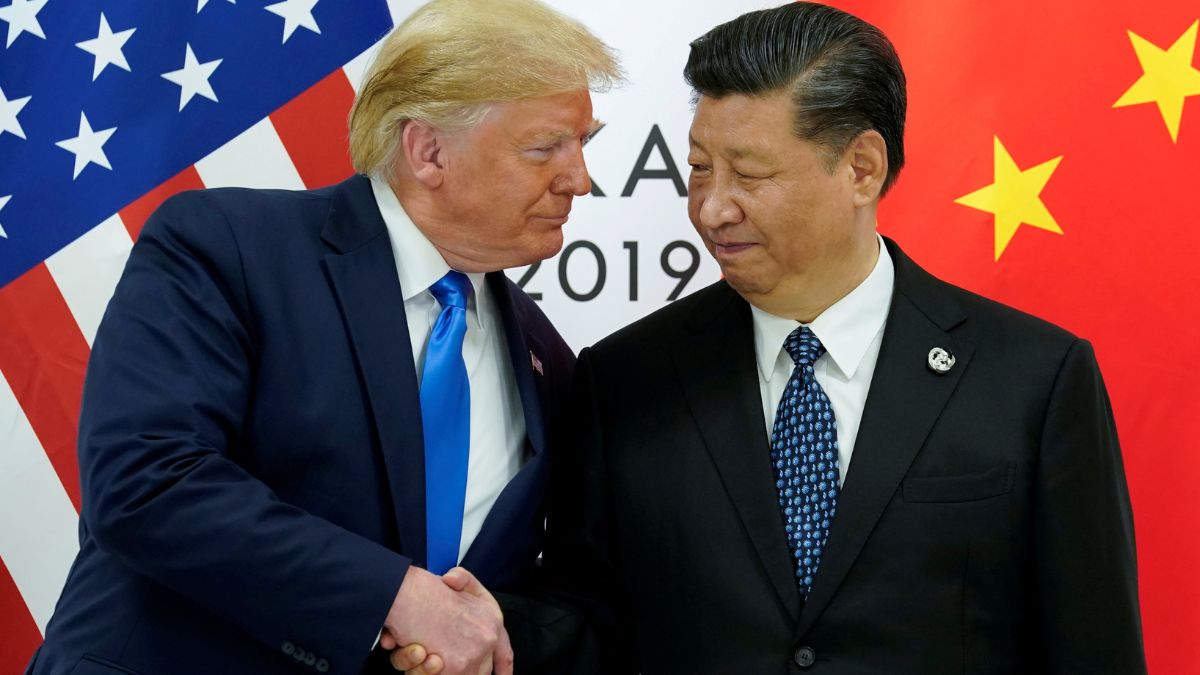As tensions with Beijing over critical minerals deepen, the United States has moved swiftly to diversify supply chains and reduce its dependence on China for rare earths — materials essential to the defence, electronics, and clean energy industries.
During his Asia visit, President Donald Trump announced new trade agreements with Thailand and Malaysia focused on securing access to critical minerals. Under the deal, Malaysia agreed not to impose export bans or quotas on rare earth elements and other key minerals bound for the United States.
The agreements mark a significant shift in Washington’s trade strategy, aimed at countering China’s dominance in the rare earth market, which accounts for nearly 70 per cent of global production. Analysts say the move signals a broader US effort to build more resilient mineral supply chains across Asia amid intensifying competition with Beijing.
Malaysia, which holds an estimated 16.1 million tonnes of rare earth reserves, has already banned exports of unprocessed minerals to preserve resources and boost its downstream refining industry. Under the new arrangement, it will refrain from imposing bans or quotas on exports of critical minerals to the United States — though it remains unclear whether the commitment covers raw or processed materials.
The move comes as China tightens export controls on rare earth refining technology, pushing global manufacturers to seek alternative sources for materials vital to semiconductors, electric vehicles, and defence production.
Impact Shorts
More ShortsEliminating tariff barriers
The trade deals were finalised after Trump oversaw the signing of a ceasefire agreement between Thailand and Cambodia, following deadly border clashes earlier this year.
Under the new pacts, Malaysia, Thailand, Vietnam, and Cambodia agreed to remove tariff barriers and expand market access for US goods. The agreements also include cooperation in digital trade, services, investments, labour rights, and environmental protection.
Thailand, Malaysia, and Vietnam committed to recognising US motor vehicle safety and emission standards, while Malaysia pledged to streamline halal certification and approval processes for American cosmetics and pharmaceuticals.
Malaysian Trade Minister Tengku Zafrul Aziz said Kuala Lumpur secured tariff exemptions for US aerospace equipment, pharmaceuticals, and key commodities such as palm oil, cacao, and rubber. Thailand, meanwhile, pledged to eliminate tariffs on nearly 99 per cent of US goods and ease foreign ownership restrictions in its telecom sector.
Bangkok also announced a series of major commercial deals, including annual purchases of 2.6 billion dollars’ worth of US agricultural products, 80 American aircraft valued at 18.8 billion dollars, and energy imports — such as liquefied natural gas and crude oil — worth 5.4 billion dollars.
China and US reach basic consensus on trade
Meanwhile, China announced that it had reached a “basic consensus” with the United States on a potential trade deal, just days before Trump’s scheduled meeting with Xi Jinping in South Korea.
According to Xinhua, the understanding followed two days of talks in Kuala Lumpur between Chinese Vice Premier He Lifeng and a US delegation led by Treasury Secretary Scott Bessent and Trade Representative Jamieson Greer.
Bessent later told CBS News that Trump’s plan to impose an additional 100 per cent tariff on Chinese goods was “off the table” after what he called a “very good two-day meeting.” The proposed tariffs were initially a response to Beijing’s restrictions on rare earth exports critical to global industries.
Trump, who began his five-day Asia tour in Malaysia, told reporters he was optimistic: “I think we’re going to have a deal with China.”
The talks come amid growing global unease over China’s tightening export rules, which have disrupted supply chains for critical materials. Despite earlier truces reached in Geneva and August, Washington and Beijing have continued to impose sanctions and trade curbs in recent months.
)